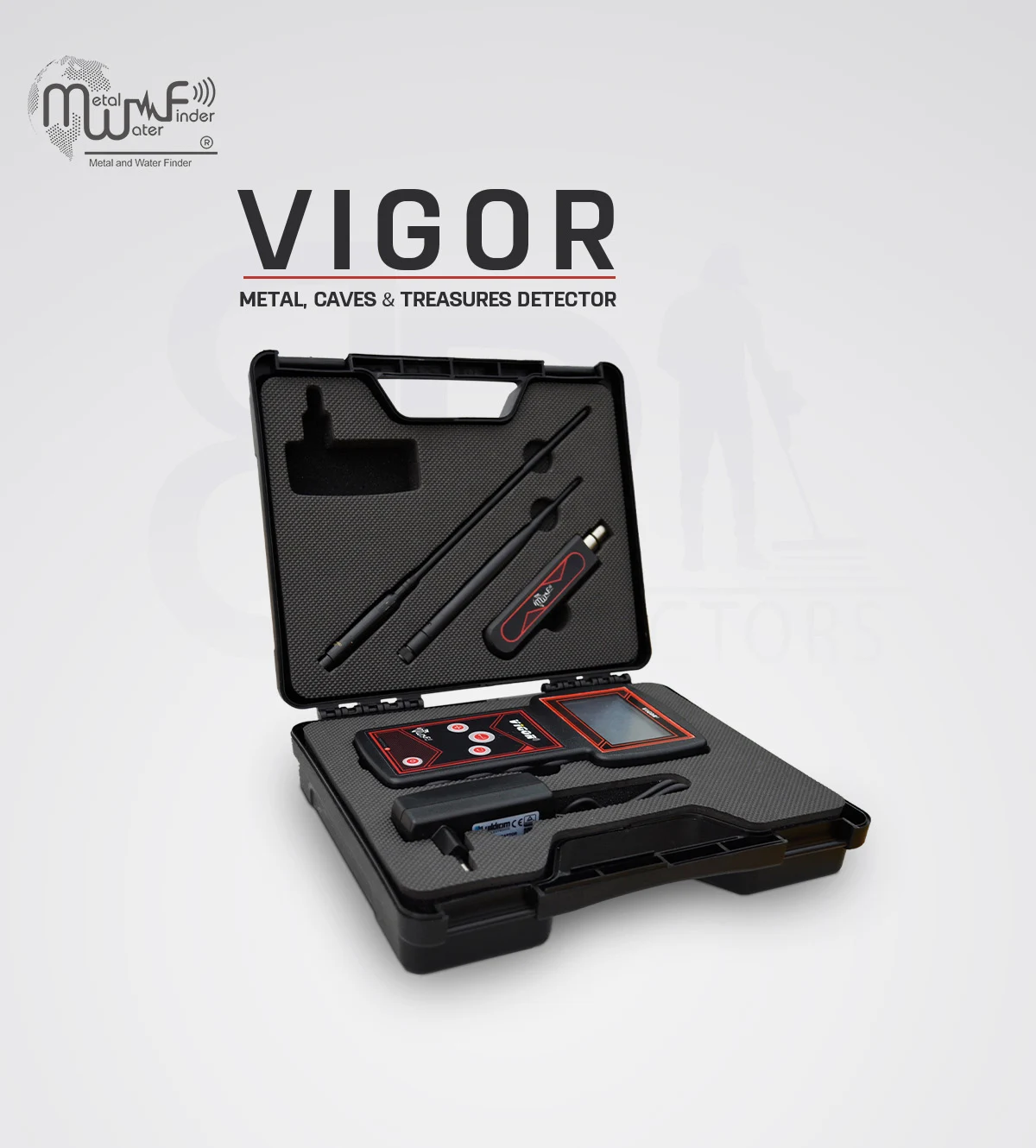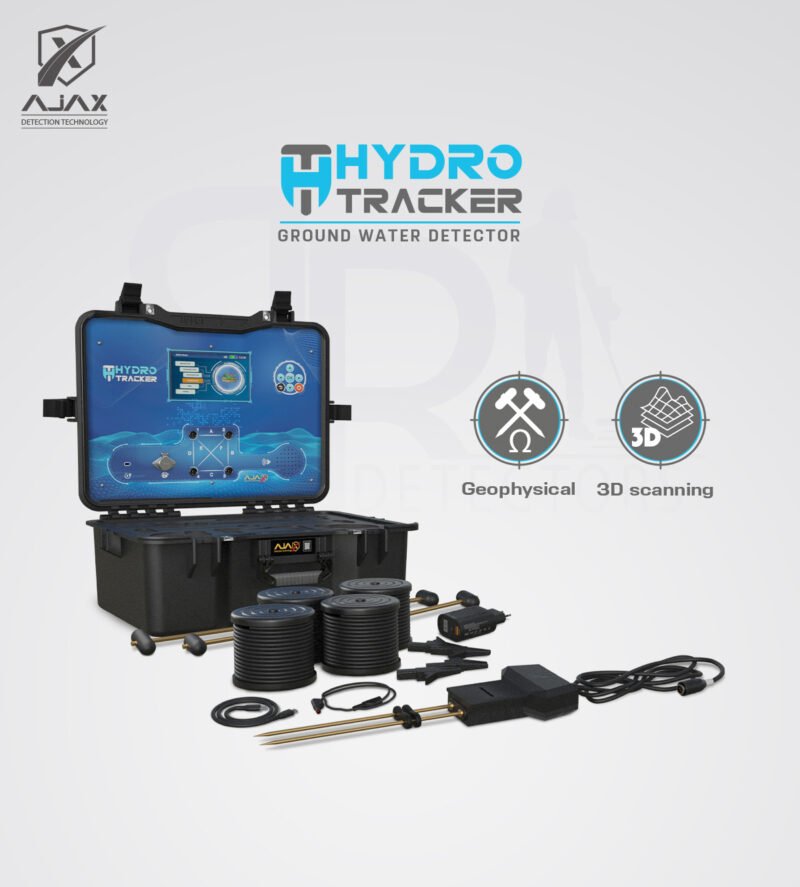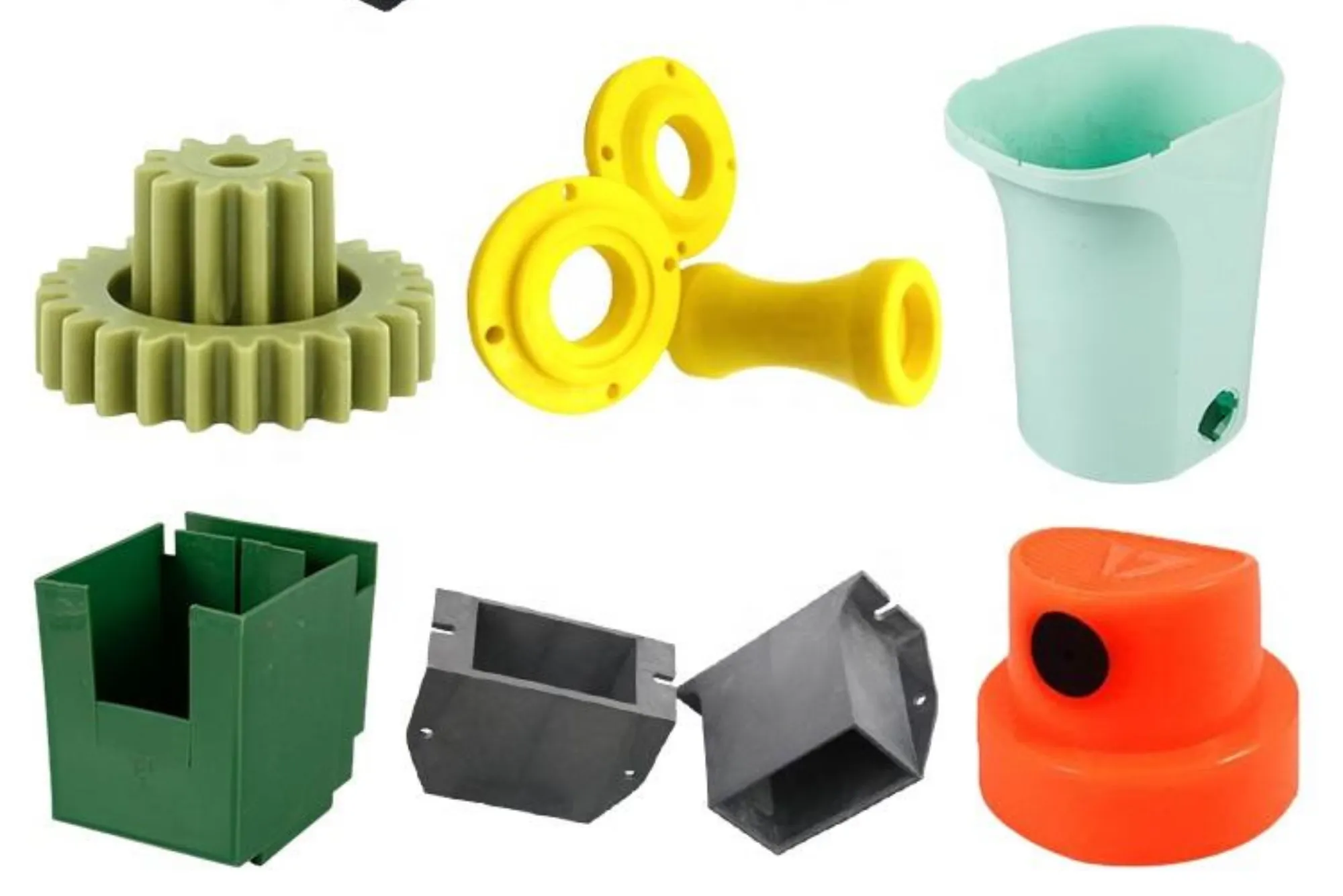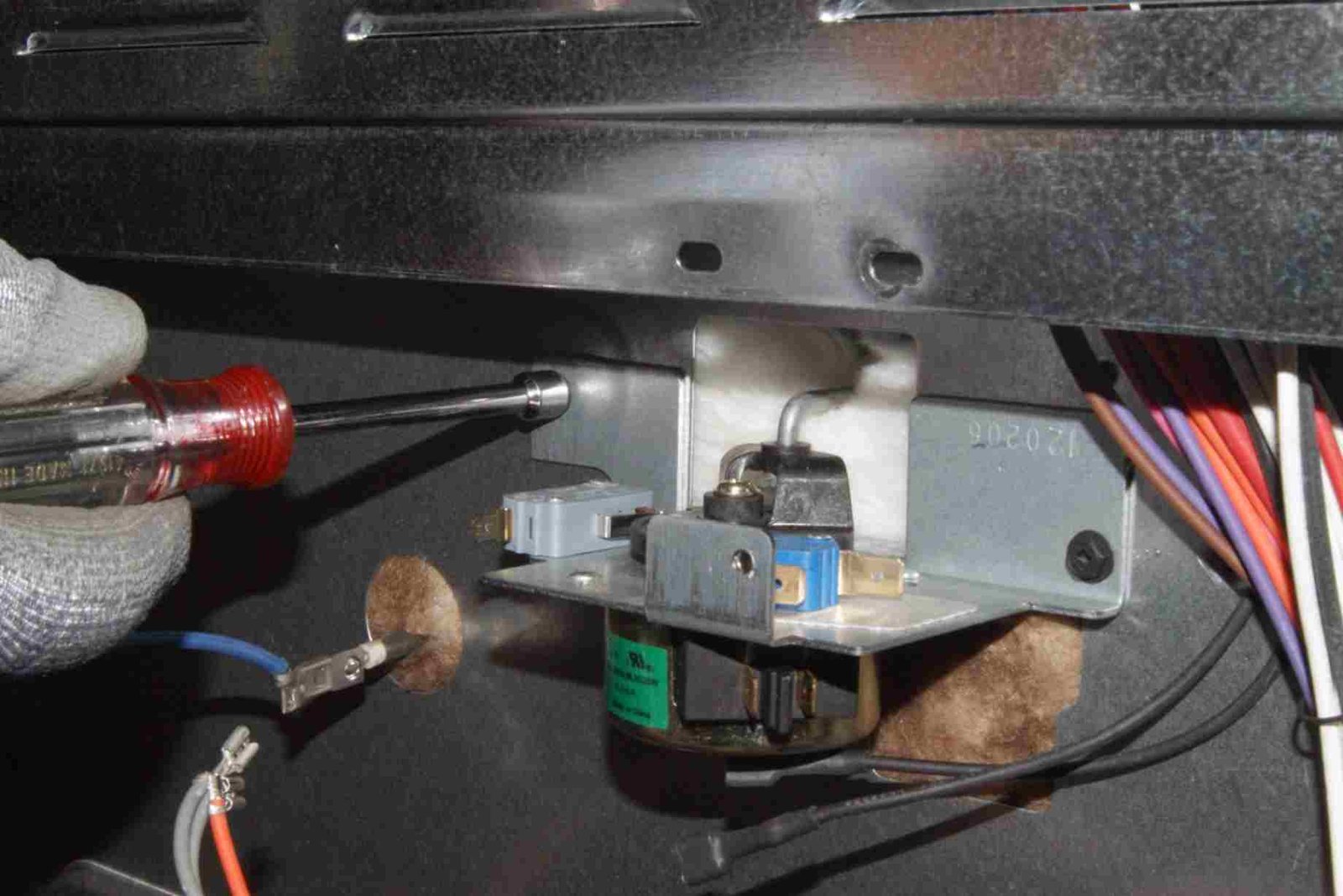Facilities management is a vital aspect of ensuring the effective operation of buildings and spaces. It encompasses various functions, including maintenance, operations, and strategic planning. Professionals in this field are tasked with creating and managing environments that enhance productivity, safety, and overall efficiency. Facilities management positions have become increasingly important as organizations seek to optimize their resources and create sustainable workspaces.
Understanding Facilities Management
Facilities management involves the coordination of physical workplace functionality with the needs of the organization and its employees. It combines disciplines to ensure the functionality of the built environment by integrating people, place, process, and technology. The primary goal is to ensure that the facilities are safe, efficient, and supportive of the organization’s mission.
Key Components of Facilities Management
- Building Maintenance: This includes regular upkeep and repairs of physical structures, systems, and equipment.
- Space Management: Efficient utilization of space is crucial. This involves planning the layout and ensuring that spaces are used effectively.
- Health and Safety Compliance: Facilities managers must ensure that all buildings adhere to health and safety regulations to protect occupants.
- Energy Management: This involves monitoring energy usage and implementing practices to reduce costs and improve sustainability.
- Security Management: Facilities managers are responsible for ensuring the security of the building, including access control and emergency preparedness.
Types of Facilities Management Positions

The facilities manager oversees the entire facilities management process. This includes strategic planning, budget management, and coordination of maintenance activities. They ensure that all operations run smoothly and that the facilities meet the organization’s needs.
2. Maintenance Supervisor
Maintenance supervisors focus on the upkeep of the facilities. They lead a team of technicians and ensure that all equipment is functioning properly. Their role includes scheduling repairs, conducting inspections, and maintaining inventory of supplies.
3. Space Planner
Space planners specialize in optimizing the use of space within an organization. They assess current layouts and recommend changes to improve efficiency and accommodate growth. This role requires a keen understanding of design and organizational needs.
4. Safety Coordinator
Safety coordinators are responsible for ensuring that all health and safety regulations are met. They conduct regular inspections, develop safety protocols, and train staff on safety procedures. This role is crucial in preventing accidents and ensuring a safe working environment.
5. Energy Manager
Energy managers focus on reducing energy consumption and promoting sustainability within the organization. They analyze energy usage, implement energy-saving strategies, and educate staff on energy efficiency practices.
6. Security Manager
Security managers develop and implement security policies to protect the organization’s assets and employees. They oversee security personnel, manage access control systems, and ensure that emergency plans are in place.
Skills Required for Facilities Management Positions
To excel in facilities management positions, professionals must possess a unique blend of skills, including:
- Leadership Skills: Facilities managers need to lead diverse teams and coordinate efforts across various departments.
- Communication Skills: Clear communication is essential for collaborating with stakeholders and ensuring that all team members are on the same page.
- Problem-Solving Skills: Facilities managers must be adept at identifying issues and developing practical solutions.
- Technical Skills: Familiarity with building systems, maintenance procedures, and safety regulations is crucial.
- Project Management Skills: Facilities managers often oversee multiple projects simultaneously, requiring strong organizational abilities.
- Financial Acumen: Budgeting and financial management are key components of facilities management.
Career Path and Advancement
Facilities management offers diverse career opportunities, allowing professionals to specialize in various areas. Entry-level positions may include maintenance technician or administrative support. As individuals gain experience, they can advance to supervisory roles and ultimately to facilities manager positions.
Education and Certification
While a degree in facilities management, engineering, or a related field is beneficial, practical experience is equally important. Many professionals start in entry-level positions and work their way up. Additionally, obtaining certifications, such as the Certified Facilities Manager (CFM) or Facility Management Professional (FMP), can enhance career prospects.
The Future of Facilities Management

The facilities management industry is evolving rapidly due to advancements in technology and changing workplace dynamics. Smart buildings, IoT devices, and sustainable practices are shaping the future of facilities management. Professionals in the field must stay informed about emerging trends and technologies to remain competitive.
Trends Influencing Facilities Management
- Sustainability Practices: As organizations strive to reduce their carbon footprint, facilities managers are implementing eco-friendly practices.
- Smart Building Technologies: Integrating technology into facilities management enhances efficiency and safety. Smart building systems can monitor energy usage, optimize heating and cooling, and improve security.
- Remote Work Considerations: The rise of remote work has led to changes in space utilization and the need for flexible workspace solutions.
- Health and Safety Focus: In light of recent global health events, facilities managers are prioritizing health and safety measures to ensure the well-being of occupants.
Salary Expectations in Facilities Management
Salaries for facilities management positions can vary widely based on location, experience, and the size of the organization. According to industry reports, facilities managers can earn an average salary ranging from $70,000 to $120,000 per year. Entry-level positions typically start around $40,000 to $60,000 annually.
Salary Table for Facilities Management Positions
| Position | Average Salary Range |
|---|---|
| Facilities Manager | $70,000 – $120,000 |
| Maintenance Supervisor | $50,000 – $80,000 |
| Space Planner | $60,000 – $90,000 |
| Safety Coordinator | $55,000 – $85,000 |
| Energy Manager | $60,000 – $95,000 |
| Security Manager | $65,000 – $100,000 |
FAQs about Facilities Management Positions
1. What are facilities management positions?
Facilities management positions involve roles focused on overseeing the maintenance and operations of buildings and spaces to ensure they are safe, efficient, and conducive to productivity.
2. What qualifications do I need for facilities management positions?
While specific qualifications can vary, a degree in facilities management, engineering, or a related field is advantageous. Additionally, relevant certifications can enhance job prospects.
3. What skills are essential for facilities management professionals?
Key skills include leadership, communication, problem-solving, technical knowledge, project management, and financial acumen.
4. How can I advance my career in facilities management?
Gaining experience, pursuing certifications, and specializing in areas such as safety, energy management, or space planning can facilitate career advancement.
5. What is the future of facilities management?
The future of facilities management is influenced by trends such as sustainability, smart building technologies, and the impact of remote work on space utilization.
Facilities management positions play a critical role in creating and maintaining efficient and safe working environments. As organizations continue to prioritize sustainability and technology integration, the demand for skilled professionals in this field is expected to grow. By developing the necessary skills and gaining relevant experience, individuals can build rewarding careers in facilities management.








